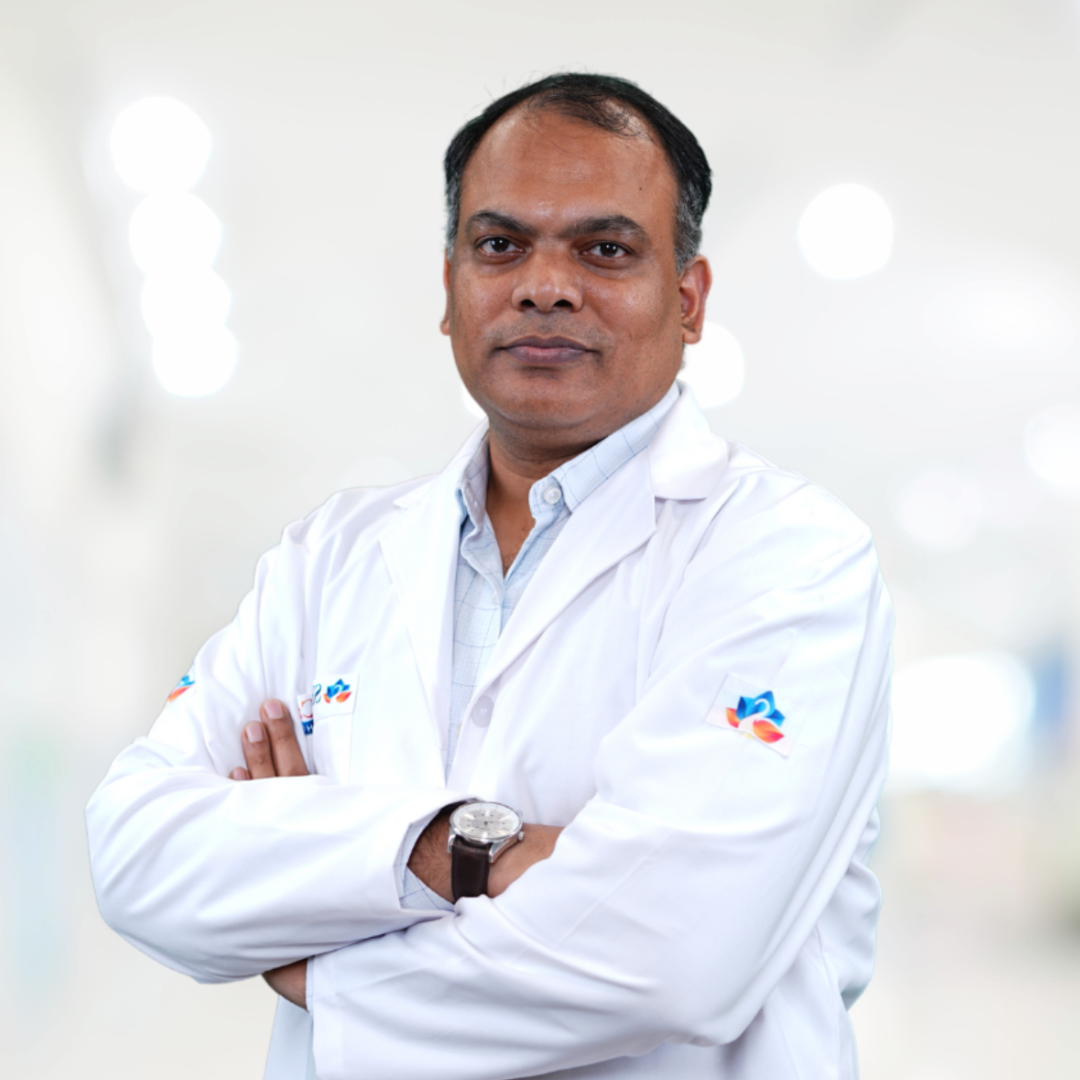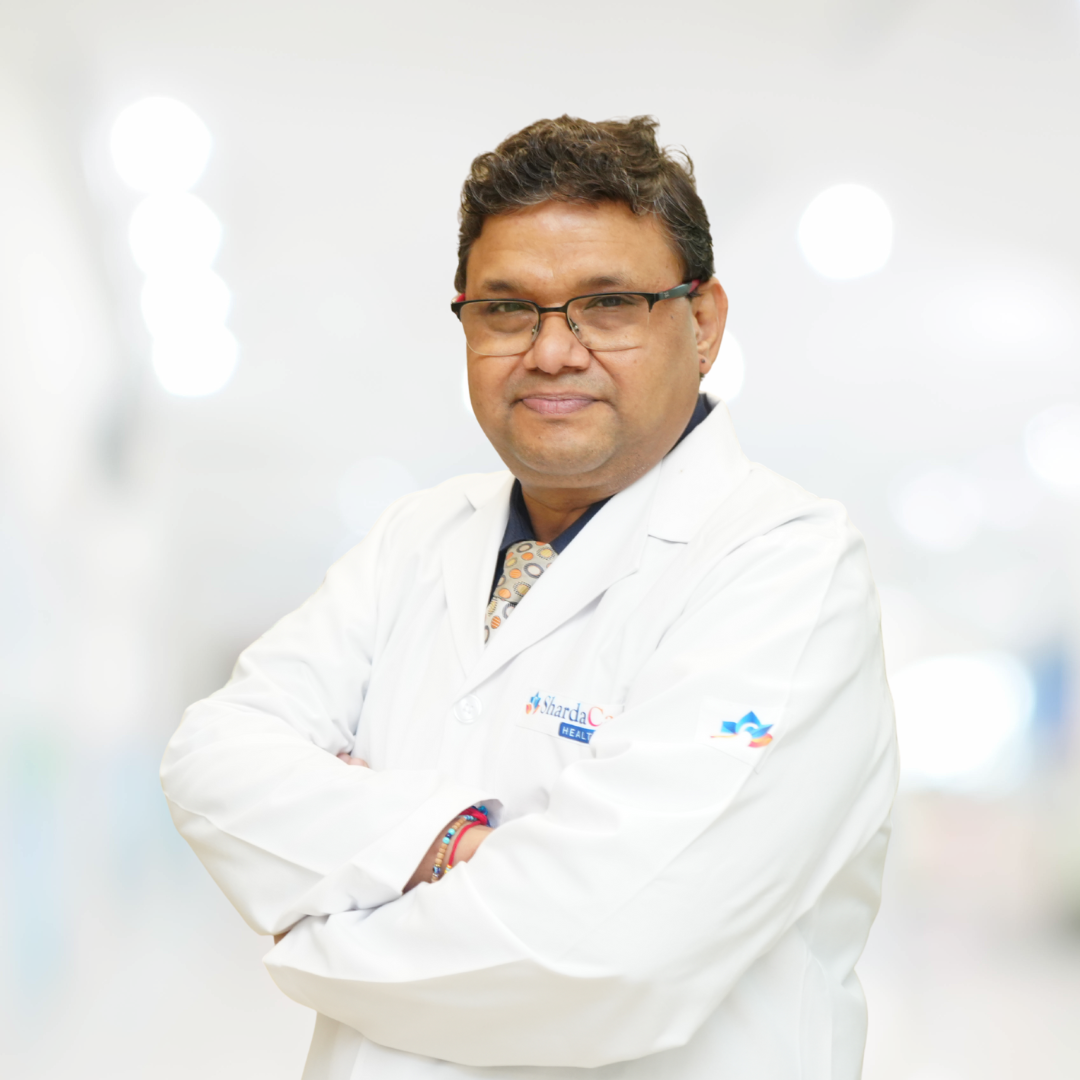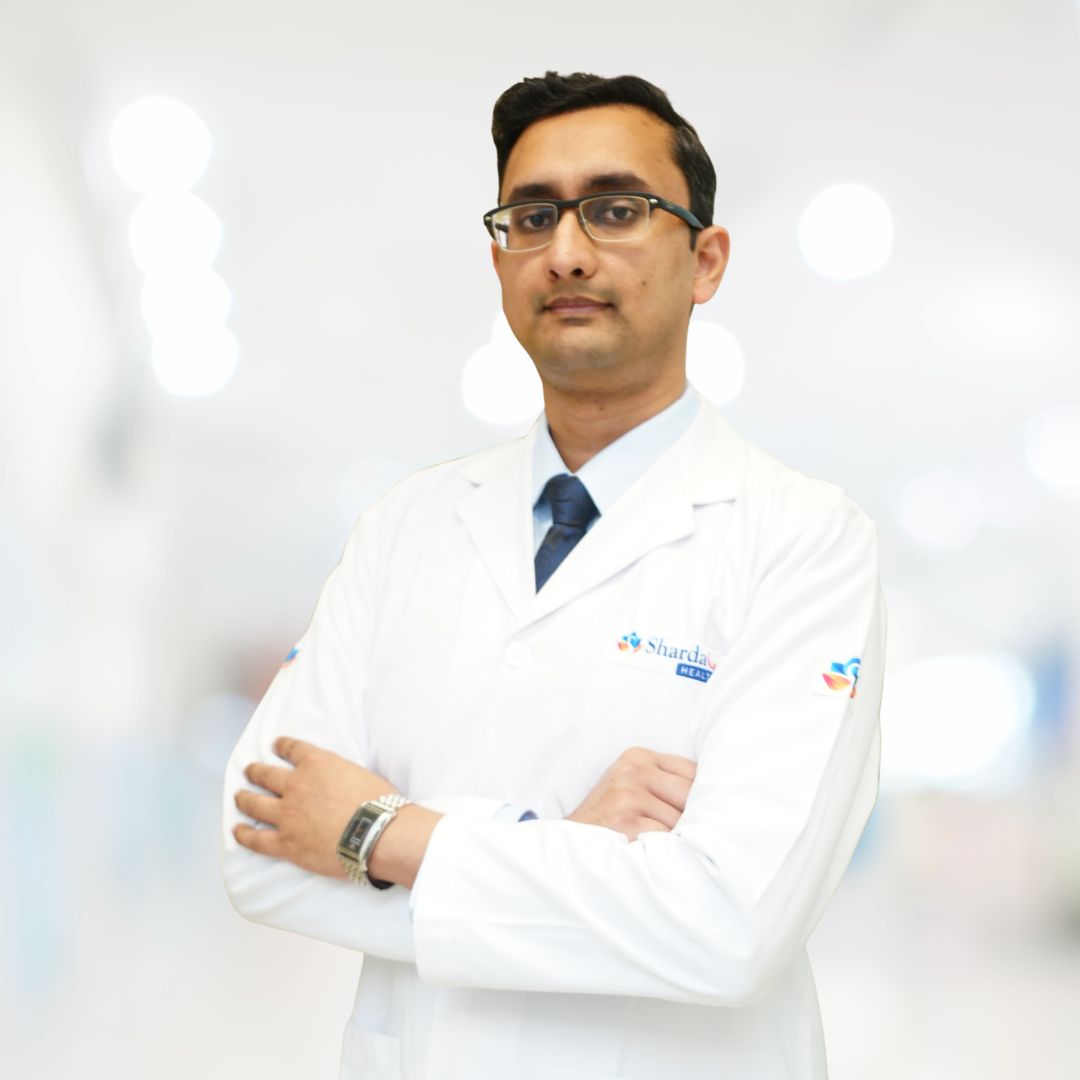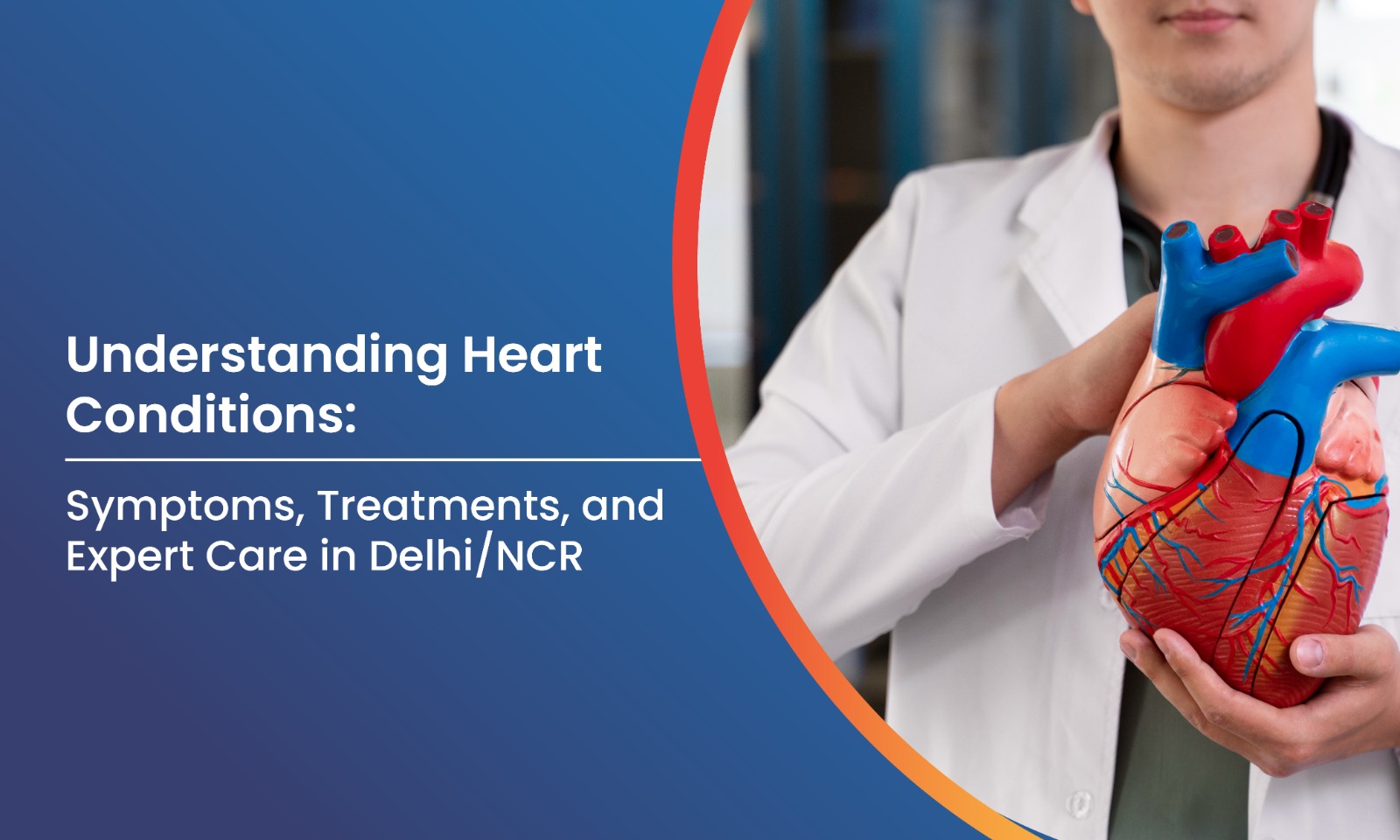
Coronary Artery Bypass Graft (CABG) Surgery at ShardaCare – Healthcity
Coronary Artery Bypass Graft Surgery (CABG) is a Surgical Intervention aimed at addressing Coronary Artery Disease (CAD), which involves the narrowing of the Coronary Arteries. These Arteries are responsible for supplying the Heart Muscle with Oxygen and Vital Nutrients. CAD develops due to the accumulation of fatty deposits within the Artery Walls, leading to a reduction in Blood Flow and Oxygen Delivery to the Heart Muscle.
When Is Coronary Artery Bypass Surgery Necessary?
Coronary Artery Bypass Graft Surgery (CABG) becomes necessary when one or more of your Coronary Arteries are blocked or narrowed, hindering the Blood Flow to your Heart Muscle. This procedure aims to restore proper Blood circulation to your Heart when other non-surgical treatments are not feasible.
Symptoms of Coronary Artery Disease (CAD) can vary and may include:
- Chest Pain
- Fatigue (severe tiredness)
- Palpitations
- Abnormal Heart Rhythms
- Shortness of Breath
- Swelling in the Hands and Feet
- Indigestion
In the early stages of CAD, you may not experience any symptoms. However, the disease will progress over time, leading to symptoms and potential complications. If the blockage in your Coronary Artery Worsens, it can result in a Heart Attack. Without prompt intervention to restore Blood Flow to the affected part of the Heart Muscle, Tissue Damage and Death may occur.
Looking for an Expert
Sharda Care The Healthcity is home to some of the eminent Doctors in the world.
Book an Appointment

























